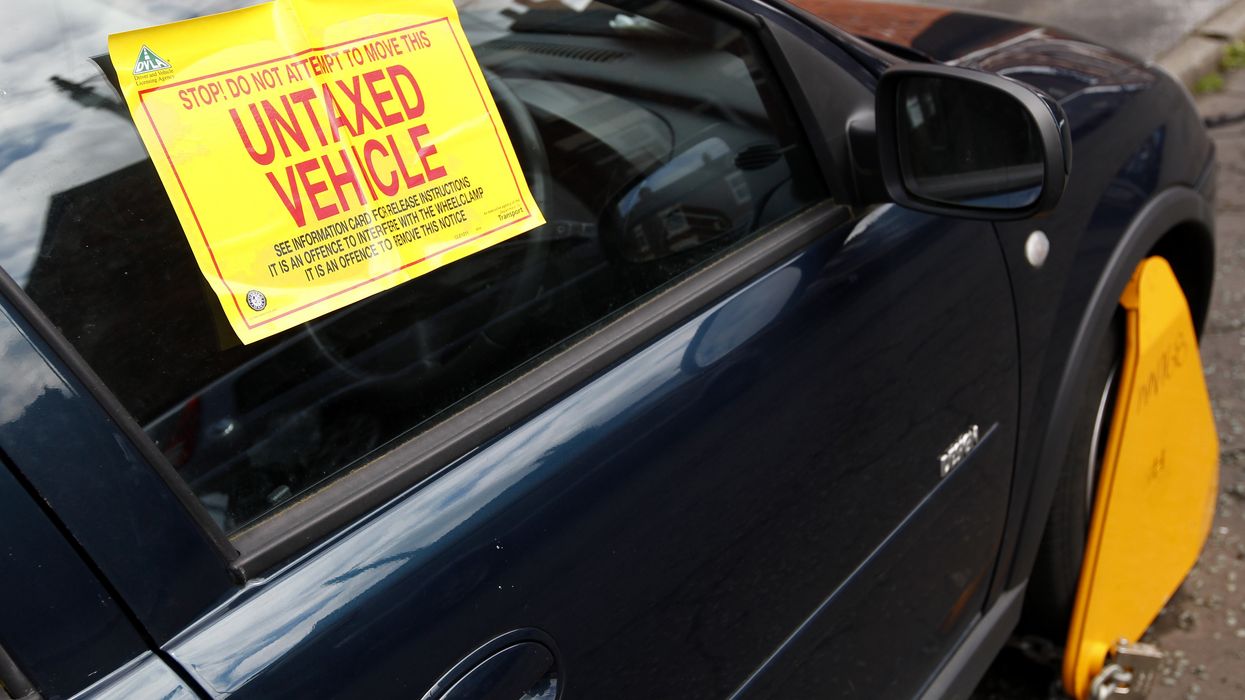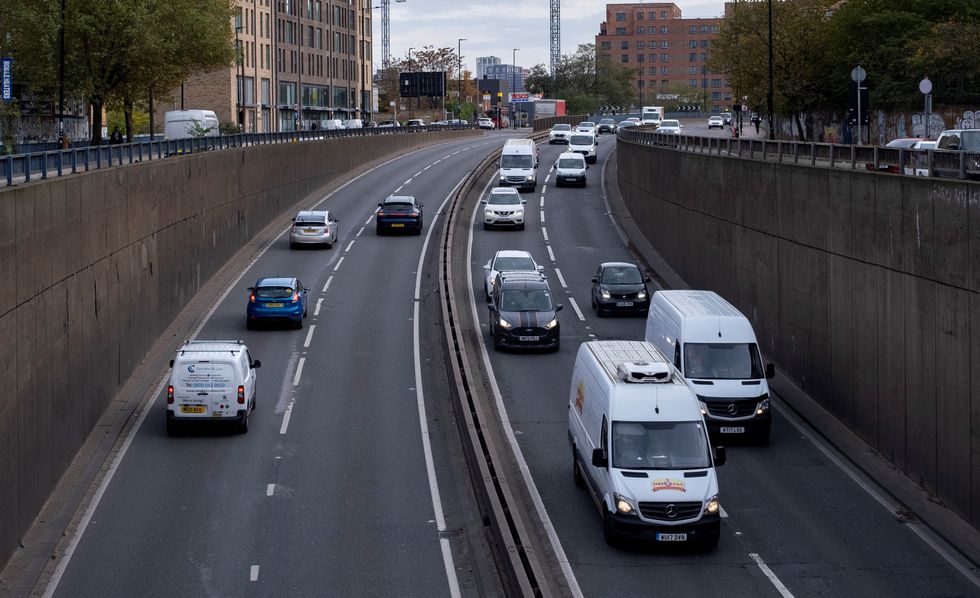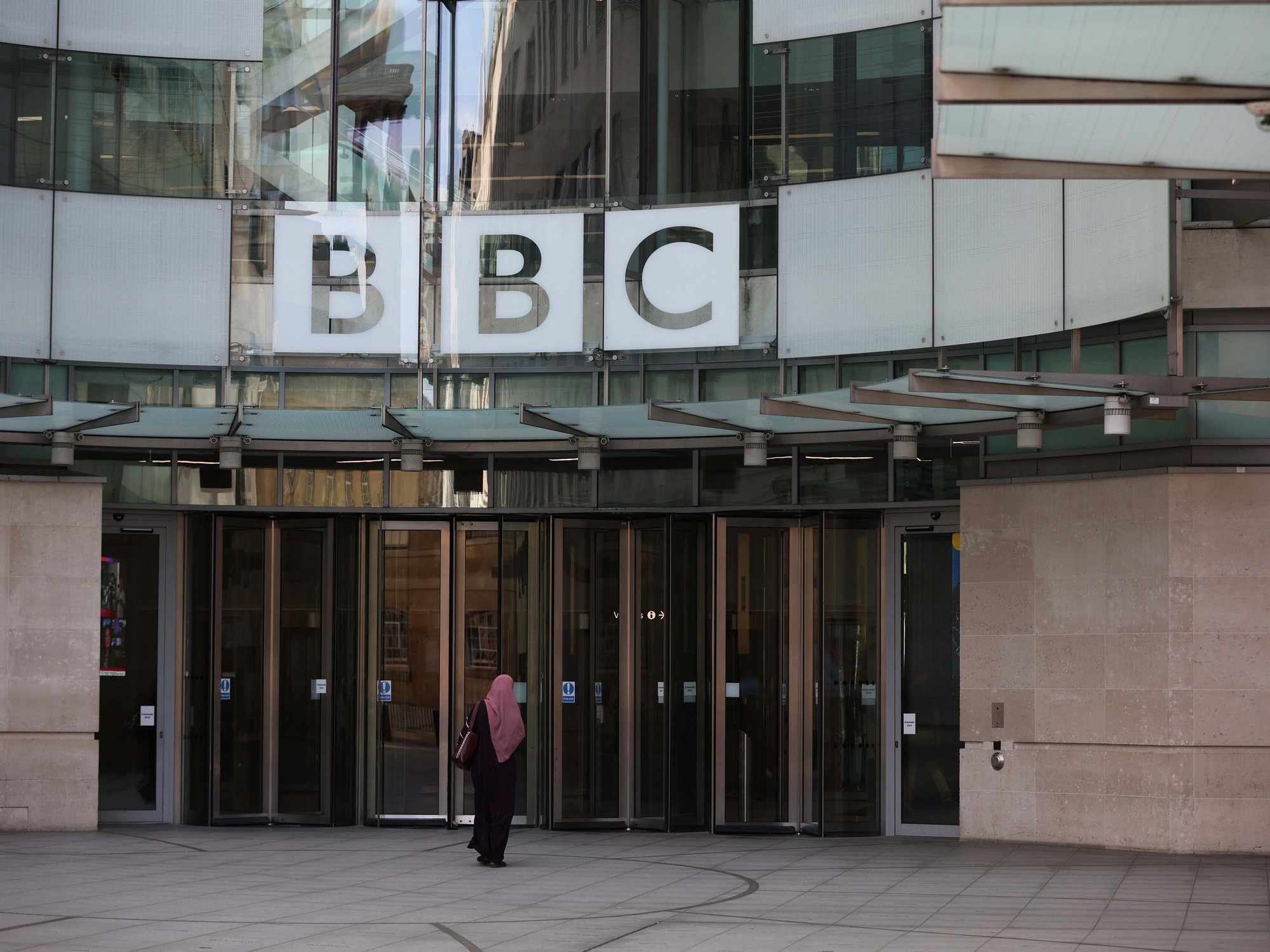Drivers warned electric car movement 'won't ever work’ unless major tax changes commence

Experts warn without more incentives drivers will not buy an electric car
| PA
From April 1, 2025, electric car drivers will have to pay VED taxes
Don't Miss
Most Read
Latest
Experts have urged the next Government to cut taxes on electric cars which would help motorists make the switch away from petrol and diesel.
In order for the UK to reach its ambitious 2035 net zero goals, at least 22 per cent of new car sales will need to be electric by this year.
However, experts have warned that the UK is lagging in its EV adoption with just 17 per cent of new car sales electric.
In order to meet its goals for the year, experts have called for more incentives to help encourage drivers to purchase an EV.
Do you have a story you'd like to share? Get in touch by emailing motoring@gbnews.uk

Electric cars pay 20 per cent in VAT
| GETTYOne of the biggest barriers for electric cars is that the price point is still too high. On top of this, upcoming taxations starting from next year will make it even harder for drivers.
Electric cars pay 20 per cent in VAT and will be subject to Vehicle Excise Duty (VED) from next year, which will see their costs go up.
From April 1, 2025, drivers of electric and low emission cars, vans and motorcycles will need to pay vehicle tax in the same way as drivers of petrol and diesel vehicles do.
Any new low or zero-emission cars registered with the DVLA before April 1, 2025, will be charged at the lowest VED rate of £10 a year, but only in a one-off payment from next year.
After the first year of registration, electric cars will move to the standard VED rate, which is currently set at £190 a year.
The tax changes next year will see electric vehicles move out of band A charges, which is currently £0 and into band B which charges vehicles emitting between one to 50g/km of CO2 £10 or £30 for certain diesel models.
However, for EV drivers who first registered their vehicle between April 1, 2017, and March 31, 2025, they will have to pay the standard VED rate of £190, like petrol and diesel drivers.
Steve Walker, head of digital content at Driving Electric explained that a VAT cut would be a “huge incentive” for motorists.
He said: “Government help is more urgently needed in the field of EV infrastructure to boost roll-out and lower costs with a VAT cut on charging.
“All things being equal, the average motorist will prefer the driving and ownership experience of an EV over a petrol or diesel car, they just need the sums to add-up and some confidence to take the big step.”
Meanwhile Stuart Gallagher, editor-in-chief at Evo warned that the Government needs to stop treating the motorist like a “sacrificial pawn” in a game of chess they have no idea how to play or win.
LATEST DEVELOPMENTS:

VED sees drivers with higher polluting cars taxed more
| GETTYForcing mass consumers into electric vehicles hasn’t worked and “won’t ever work,” he detailed.
To combat this Gallagher stated that there needs to be a “multiple energy solution” that suits all motorists - private and commercial - “and not just the few”.










